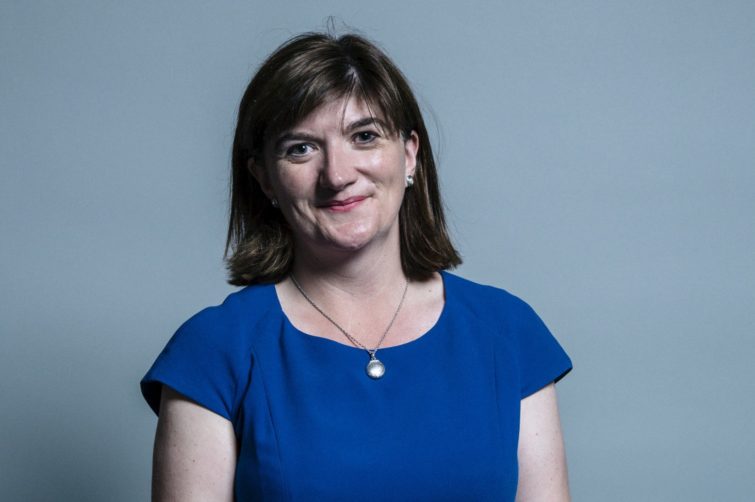
After more than 40 years of operation, DTVE is closing its doors and our website will no longer be updated daily. Thank you for all of your support.
Culture secretary will not intervene in BBC decision to scrap free TV licences for over 75s, “open-minded” to subscription model
 UK culture secretary Nicky Morgan has said she is “open-minded” about changes to the way the BBC is funded, including moving from a licence-fee model towards a subscription-led service.
UK culture secretary Nicky Morgan has said she is “open-minded” about changes to the way the BBC is funded, including moving from a licence-fee model towards a subscription-led service.
Morgan was responding to a question during a Department for Digital, Culture, Media and Sport select committee meeting in which she was asked whether she would consider axing the licence fee and replacing it with a subscription fee.
“I’m open minded and I will have decisions and listen to evidence on all sides,” she said. “What I haven’t seen is any evidence, either way, [as to] what a subscription-based system would do in terms of the revenue.
“The licence fee last year raised £3.7bn (US$4.75bn) for the BBC. They obviously have other sources of income as well. So I would need to understand what, if you were going to change, that would do to their income.”
The future of the BBC’s licence fee has become the subject of much conjecture over recent years, with some arguing the mandatory fee – currently £154.50 a year – is out-dated and should be replaced.
Similar moves have already been made across Europe. In Sweden, the licence fee that helps support state broadcaster SVT was abolished at the start of the year and replaced by 1% levy on those paying income tax.
Similar moves have also been made in Finland and Iceland, while Denmark has replaced its licence fee model with a tax-based system, leaving pubcaster DR with a 20% budget black hole.
Any changes for the BBC will not be imminent, however, with the UK government confirming it will maintain the licence fee arrangement until 2027, when the current royal charter must be renewed.
During the same meeting, Morgan also confirmed she had “no plans” to review the BBC’s decision to start charging licence fee payers over the age of 75.
In 2015, the BBC agreed to fund free licences for elderly viewers rather than the government, as part of a deal struck with then chancellor George Osborne. However the pubcaster said continuing the arrangement would result in the closure of TV channels and radio stations.

